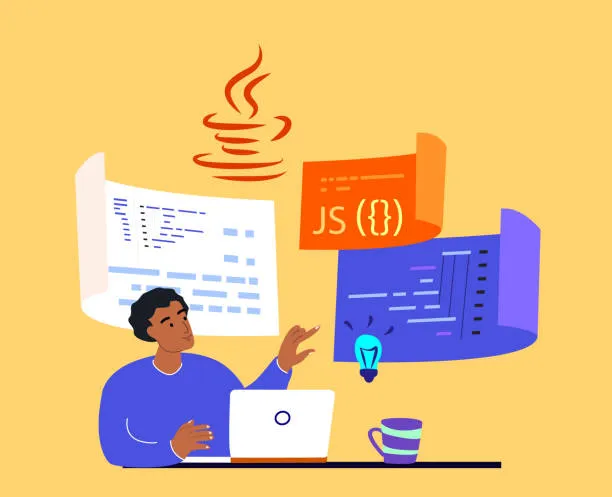Node.js Multiprocessing for Child Process Creation

To address this, Node.js introduces a powerful feature called multiprocessing, achieved through the creation of child processes. In this article, we’ll delve into the intricacies of multiprocessing in Node.js, exploring the why, what, and how of child process creation.
Why Multiprocessing in Node.js?
Node.js excels in handling I/O-bound operations due to its non-blocking nature, but CPU-bound tasks can become bottlenecks. Multiprocessing allows developers to overcome this limitation by leveraging multiple CPU cores effectively. Child processes enable parallel execution of tasks, optimizing overall performance and responsiveness.
Child Process Module in Node.js:
Node.js provides the child_process module to facilitate the creation and management of child processes. This module enables communication between the parent and child processes, allowing them to exchange data and work in tandem.
Creating Child Processes:
1. Spawn:
The spawn method is ideal for launching new processes, providing a straightforward way to execute external commands. It allows real-time communication with the spawned process through streams.
2. Fork:
The fork method is specifically designed for creating child processes that run Node.js modules. It establishes a communication channel between the parent and child processes through inter-process communication (IPC).
Fork
Inter-Process Communication (IPC): Communication between the parent and child processes is vital for collaboration. Node.js offers IPC mechanisms such as stdout, stdin, and message events, enabling seamless data exchange.
Handling Errors and Events:
Proper error handling and event management are crucial for robust multiprocessing. Listening for events like exit, error, and close ensures that the parent process is aware of the child process's state and can respond accordingly.
Use Cases for Multiprocessing:
Parallel Processing: Divide a large task into smaller subtasks, distributing the workload across multiple child processes to achieve parallel processing.
Load Balancing:
Distribute incoming requests among multiple child processes to balance the load, optimizing resource utilization.
Batch Processing:
Execute CPU-intensive batch jobs concurrently, enhancing overall efficiency and reducing processing time.
Multiprocessing in Node.js, facilitated by the child_process module, empowers developers to tackle CPU-bound tasks with efficiency and grace. Understanding the intricacies of child process creation, communication, and event handling opens doors to scalable and performant applications. By strategically implementing multiprocessing, developers can harness the full potential of Node.js, ensuring optimal resource utilization and responsiveness in the face of diverse computational challenges.